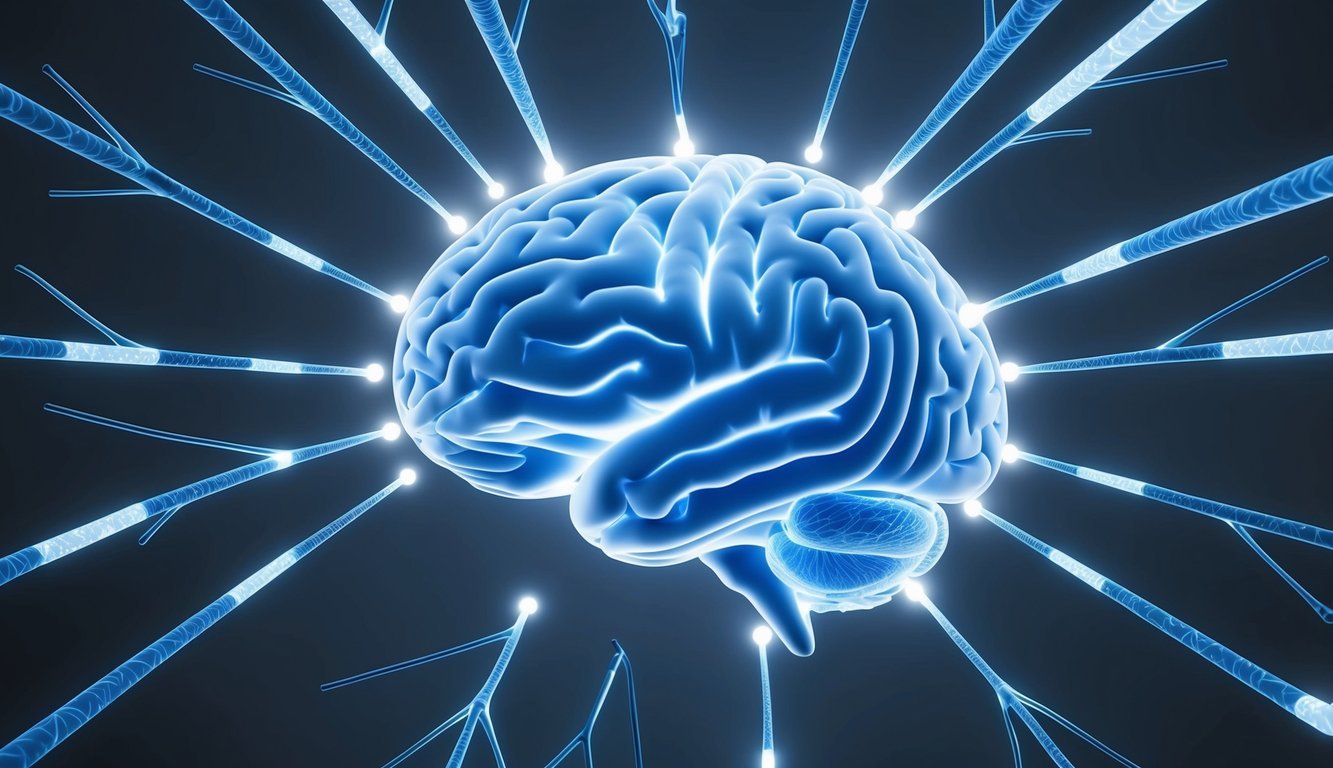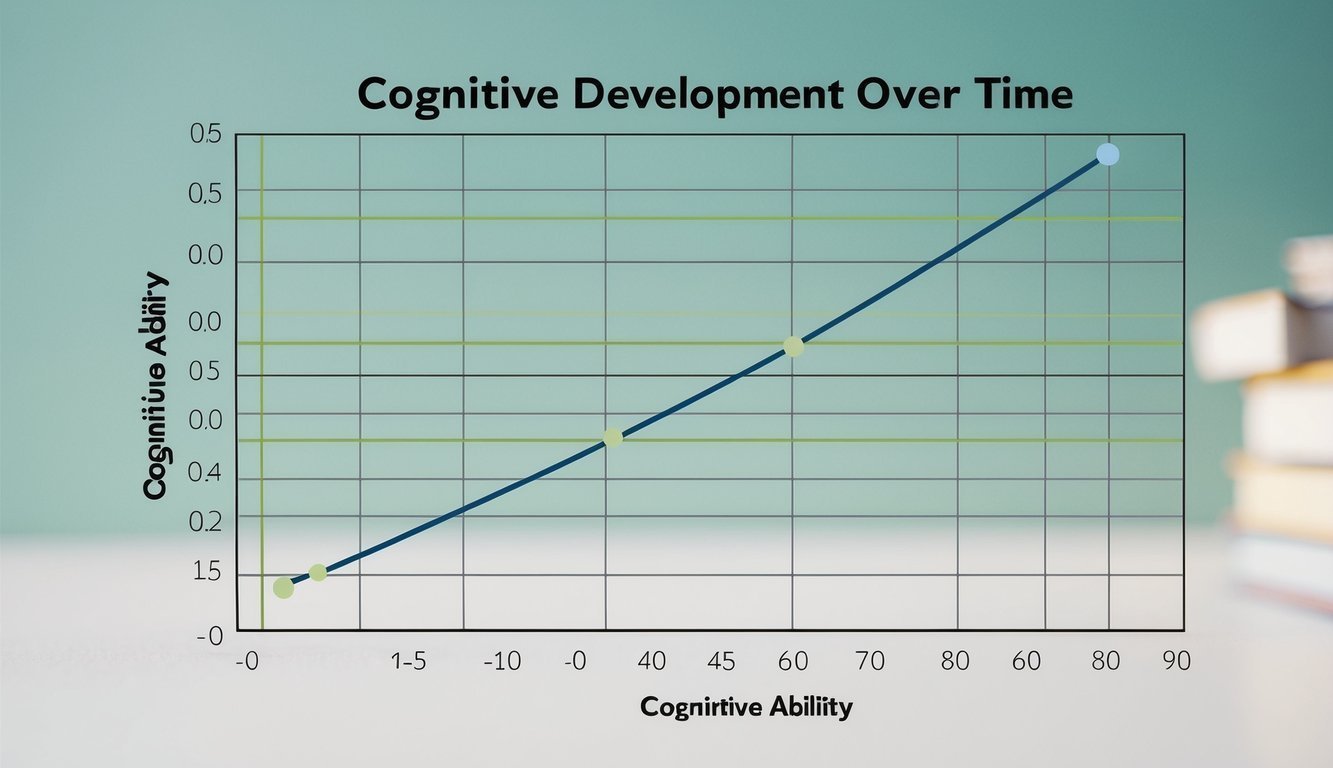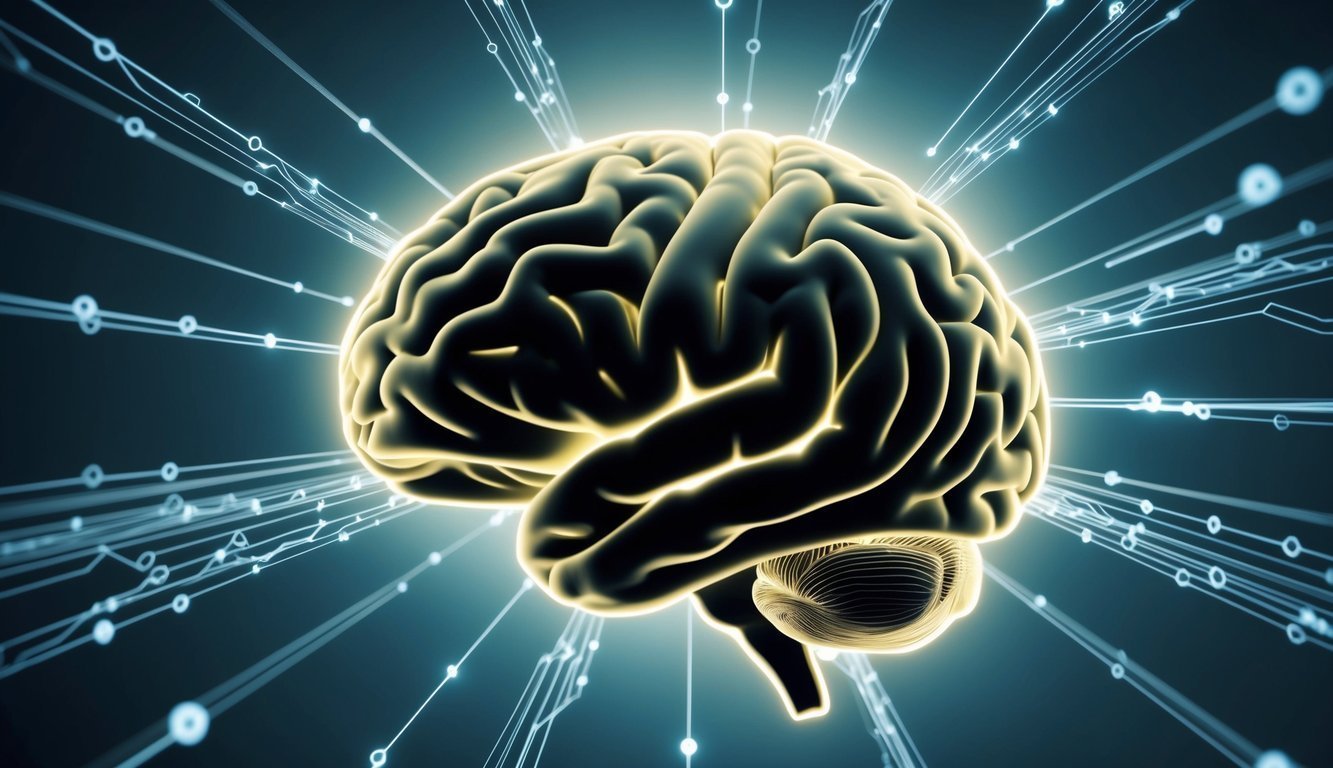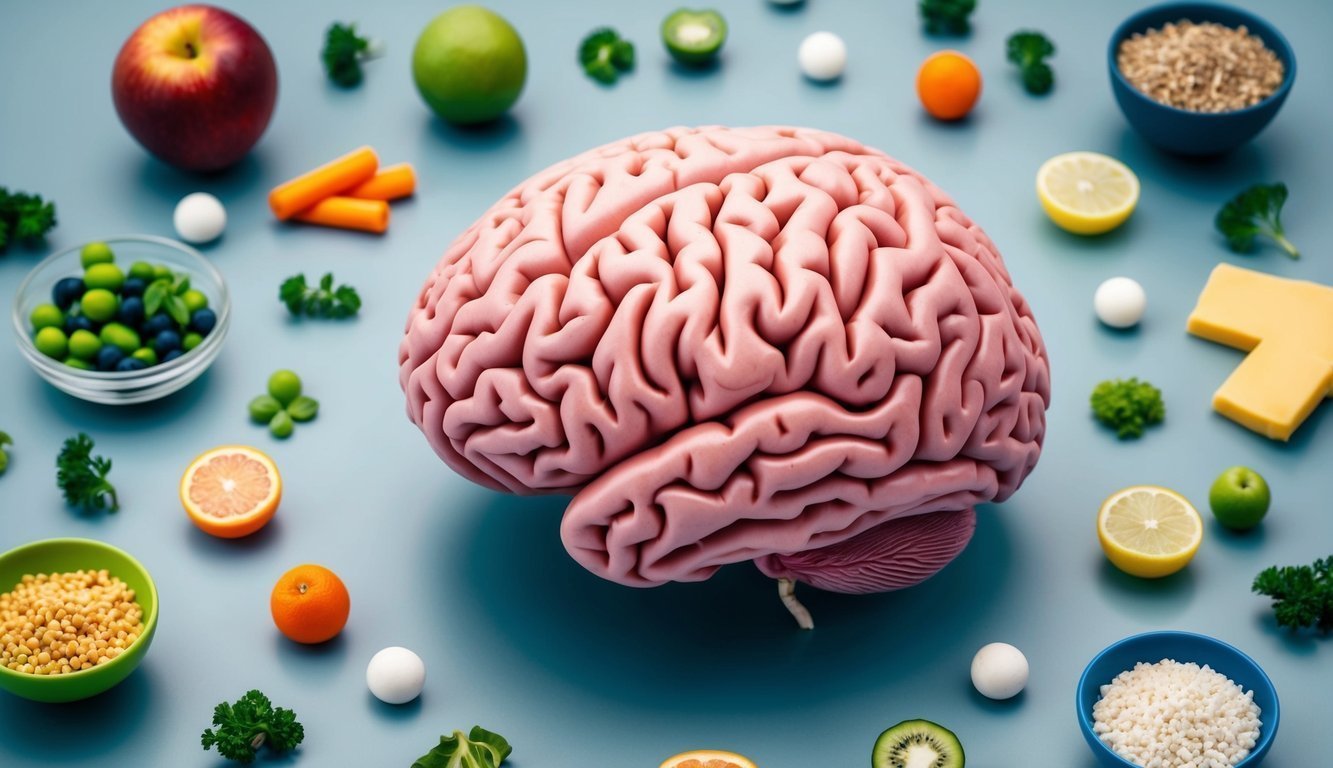PsychNewsDaily Publishers
100 Summit Drive
Burlington, MA, 01803
Telephone: (320) 349-2484
PsychNewsDaily Publishers
100 Summit Drive
Burlington, MA, 01803
Telephone: (320) 349-2484
Cognitive functioning in adulthood evolves through fluid and crystallized intelligence, influenced by education, experiences, and neuroplasticity, impacting memory, processing speed, and problem-solving abilities.

Cognitive abilities undergo development throughout adulthood, shaped by numerous factors like education and life experiences. These transformations influence how people perceive information, tackle problems, and adapt to new environments as they grow older.
The cognitive functioning of adults encompasses a sophisticated interaction of skills that shift over time. Fluid intelligence, which pertains to reasoning and processing speed, generally peaks in early adulthood and gradually declines afterwards.
Conversely, crystallized intelligence, which includes acquired knowledge and competencies, tends to continue improving into later years.
While the capacity for working memory and attention span might diminish with age, language skills usually remain consistent. Older adults often shine in tasks that require wisdom and emotional control. These variations highlight the brain’s neuroplasticity and its capability to adjust to new demands.
Education is vital in shaping cognitive functioning across adulthood. Higher educational attainment correlates with enhanced cognitive performance and may offer defense against cognitive decline associated with aging.
Ongoing learning and intellectual involvement can boost:
Adults who partake in lifelong learning tend to exhibit superior cognitive outcomes. Educational engagements foster neural connections and enhance cognitive reserve, which may delay the emergence of age-related cognitive difficulties.
Both formal education and informal learning experiences contribute to the cultivation of cognitive strategies applicable in various life scenarios, endorsing adaptability and mental agility throughout adulthood.

Cognitive abilities transform during adulthood, with certain skills diminishing while others remain stable or even enhance. These changes impact memory, processing speed, and problem-solving capacities.
Normal aging brings gradual shifts in cognitive function. Age-related cognitive transformations affect different mental processes. Typically, processing speed declines, which can influence reaction times and multitasking abilities.
Moreover, working memory capacity may decrease, complicating the management of various pieces of information at once.
Nonetheless, numerous cognitive skills maintain stability or improve as one ages. Vocabulary and general knowledge often expand throughout adulthood, with older adults frequently excelling in tasks necessitating wisdom and experience-based judgment.
It is crucial to recognize that cognitive changes do not exclusively manifest in late life. Subtle alterations can be observed as early as one’s 20s or 30s.
The aging brain experiences structural and functional transformations that contribute to cognitive changes. Brain imaging studies indicate reduced gray matter volume and diminished white matter integrity in specific areas.
Age also brings modifications to neurotransmitter systems. Dopamine levels often decline, potentially influencing motivation and reward mechanisms.
Simultaneously, variations in acetylcholine production might affect memory formation and retrieval.
Neuroplasticity, the brain’s capacity to establish new neural connections, persists throughout life but may decelerate. This can impact learning and adaptation to novel circumstances.
Cognitive reserve, built through education and intellectually stimulating activities, may serve to offset age-related brain alterations. Individuals with higher cognitive reserve frequently showcase superior cognitive performance later in life.
While some cognitive changes are typical of aging, more profound declines may indicate pathological issues. Mild Cognitive Impairment (MCI) marks a transitional phase between normal aging and dementia, characterized by noticeable cognitive decline without significantly disrupting daily life.
Dementia entails more severe cognitive impairment that affects daily functioning, with Alzheimer’s disease being the most prevalent form, impacting memory, language, and decision-making capabilities.
Factors that heighten the risk for cognitive decline and dementia include:
Early identification of cognitive decline is essential. Routine cognitive evaluations can assist in recognizing changes that may demand intervention or additional medical assessment.

Longitudinal studies yield critical insights into cognitive shifts throughout adulthood. These investigations track individuals over extensive periods, uncovering stability and decline patterns across various cognitive domains.
The Seattle Longitudinal Study represents a significant examination of cognitive aging. Launched in 1956, it has monitored participants over more than sixty years, regularly evaluating their cognitive abilities.
Key takeaways include:
This research indicated that lifestyle factors, such as education and physical activity, can affect cognitive trajectories. It also demonstrated that some individuals retain high cognitive function into their 80s and beyond.
Longitudinal investigations have highlighted unique change patterns across distinct cognitive areas:
These trends vary widely among individuals. Factors such as genetics, health, and cognitive engagement contribute to the heterogeneity of cognitive trajectories noted in longitudinal studies.
Recent findings imply that certain cognitive skills may experience non-linear trajectories, marked by phases of stability followed by accelerated decline in later years. This underscores the significance of long-term follow-up in comprehending cognitive aging.

Cognitive performance during adulthood is shaped by several core mechanisms. These include the interaction between fluid and crystallized intelligence, the vital roles of attention and processing speed, as well as the workings of working memory and memory capacity.
Cognitive abilities can be categorized into fluid and crystallized intelligence. Fluid intelligence refers to the capacity to tackle new problems and adapt to changing situations, peaking in early adulthood and gradually diminishing with age.
Crystallized intelligence reflects the accumulated knowledge and skills developed over time. This type of intelligence generally improves throughout adulthood as individuals acquire more experience and information.
The equilibrium between fluid and crystallized intelligence changes as individuals age. While fluid capacities may decrease, crystallized abilities can help maintain overall cognitive performance across various domains.
Attention and processing speed are critical to cognitive performance. These capabilities govern how rapidly and effectively individuals can absorb and process information.
Brain development impacts the evolution of attention and processing speed. As the brain matures, it becomes increasingly adept at directing attentional resources and processing data efficiently.
Shifts in attention and processing speed can significantly impact cognitive performance across a range of areas.
Working memory and memory capacity are vital components of cognitive functioning. Working memory facilitates the temporary holding and manipulation of information, while memory capacity pertains to the volume of information that can be retained and retrieved.
The brain’s intrinsic functional structure undergoes transformations throughout adulthood, influencing these memory systems. Such changes can affect an individual’s ability to:
Working memory and memory capacity are closely interconnected with other cognitive capabilities, such as problem-solving and decision-making. They are essential for supporting complex cognitive tasks and daily functioning.

Cognitive function in adulthood is affected by a multifaceted interplay of biological, psychological, and environmental factors. These elements account for the variations observed in cognitive performance across individuals and over time.
Genetic predispositions are significant in determining cognitive abilities throughout adulthood. Gender differences can influence various cognitive tasks, with men and women often exhibiting strengths in different domains.
Individual differences in cognitive performance are notable. Some adults retain exceptional cognitive abilities into their 70s and 80s, while others may face earlier declines.
Personality traits, education, and lifestyle choices play critical roles in these differences. Participation in mentally stimulating activities and sustaining social connections can positively affect cognitive function.
Cognitive neuroscience offers valuable insights into the brain changes that coincide with aging. The hippocampus, crucial for memory formation, often experiences age-related deterioration.
Neuroplasticity, the brain’s capacity to forge new neural connections, persists in adulthood, enabling ongoing learning and adaptation, despite potential declines in certain cognitive functions.
Variability in daily activities correlates with shifts in cognitive performance. Engaging in diverse and stimulating daily routines may aid in preserving cognitive function.
Perry’s Scheme of Intellectual and Ethical Development elaborates on cognitive transformations in adulthood. It delineates a progression through various stages of thought:
This theory indicates that adults can continue developing more sophisticated and nuanced thinking patterns throughout their lives.
The progression from “first commitment” to “several commitments” signifies the integration of multiple viewpoints and a more adaptable worldview.
Adult cognitive development is not necessarily linear; individuals may revisit earlier stages when confronted with new trials or unfamiliar scenarios.